Analysing family circumstances and education
Feedback updated 7 Sep 2022
We asked
The Department for Education sought views on the development of a methodology which intended to improve our ability to understand the links between family circumstances and education of pupils in England.
We welcomed your views on the statistical analysis and methodology outlined in the consultation for looking at ‘ordinary working families’, and how to refer to them in DfE publications.
You said
Broadly, respondents generally agreed with our proposed methodology in expanding the number of years of analysis to provide a time series as well as including other sources of income such as Self-Assessment to provide a clearer picture on household income.
One of the recommended changes by respondents was to remove the term ordinary working families as it suggests that groups outside of these are not ordinary and to use a scale of income instead of a name.
We did
We have developed a Business-As-Usual dataset called Pupil Parent Matched Data (PPMD) which is still at a relatively early stage of development and includes further revisions to strengthen the proposed methodology.
Overview
We’re seeking views on the methodology in our paper analysing the household income and educational outcomes of pupils in England.
Why your views matter
The statistical paper describes a provisional methodology we used to calculate equivalised household income bands. We have done this by matching administrative income data from other government departments to anonymised pupil records.
It includes analysis on:
- educational outcomes at key stage 2 (age 11) and key stage 4 (age 16)
- characteristics of schools attended
- family characteristics and size
- effect of housing costs
- geographical distribution of households
The paper also outlines an approach to looking at ordinary working families.
An explanation of equivalisation is set out in Annex A of the consultation document.
Audiences
- All
Interests
- Education
- Equality

Share
Share on Twitter Share on Facebook